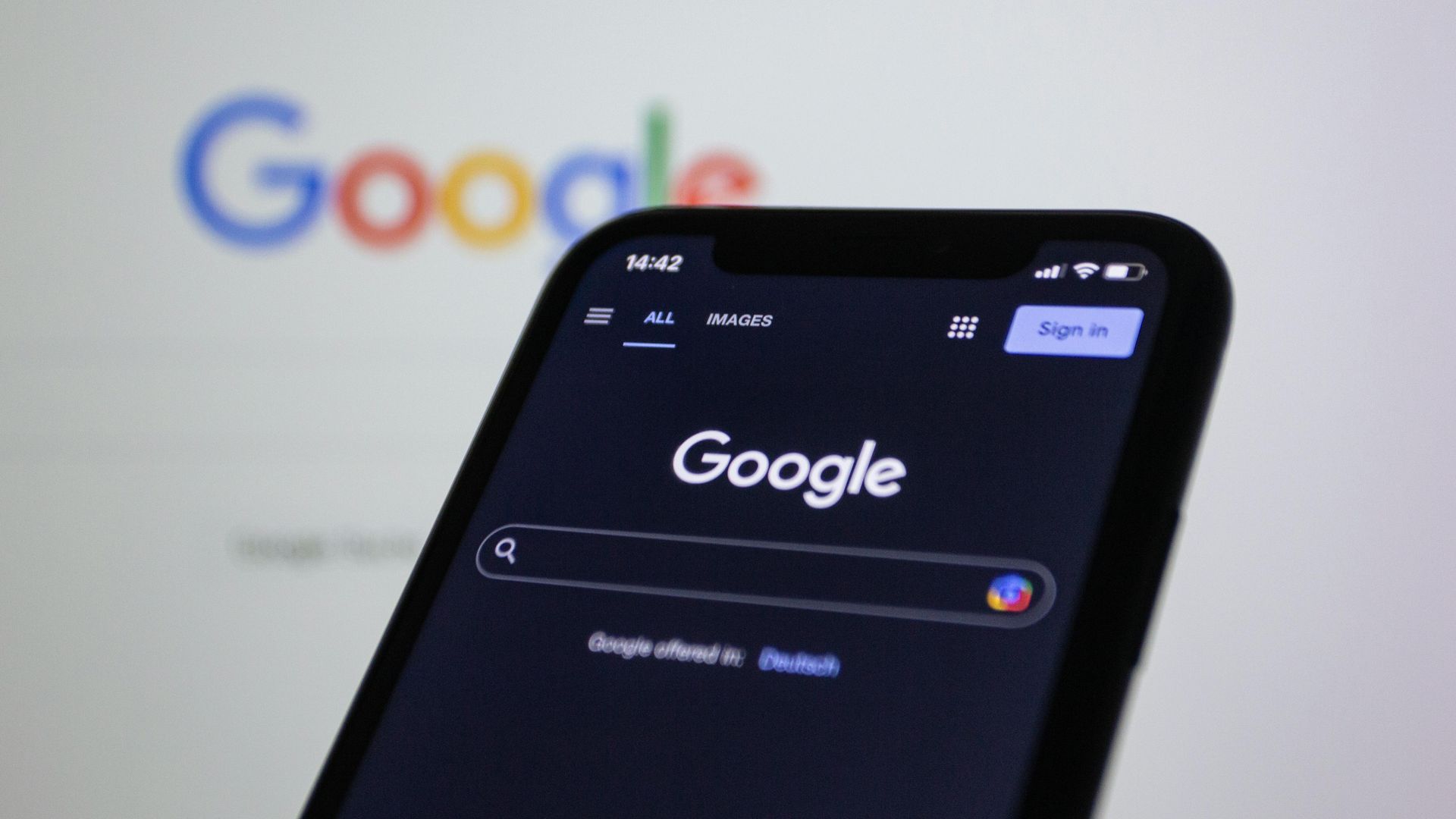Why You Shouldn't Search Up Your Own Google Ads
Navigating the world of Google Ads can be a complex task.
Understanding how to optimize your
PPC campaigns is crucial for success.
Yet, one common mistake can skew your marketing analytics and ad performance. That is searching up your own Google Ads.
This practice can inflate your ad impressions, waste your ad budget, and even decrease your ad relevance.
In this article, we'll delve into why you shouldn't search up your own Google Ads. We'll explore how it impacts your ad interaction, ad visibility, and overall campaign performance.
By avoiding this and other Google Ads mistakes, you can improve your marketing ROI and optimize your
digital marketing strategy.
The Pitfalls of Self-Searching Your Google Ads
When you search for your own Google Ads, you might think you're checking on their performance.
In reality, you're causing more harm than good.
This practice can lead to skewed data and misinterpretation of your
campaign metrics.
It can inflate your ad impressions without leading to actual conversions.
Moreover, frequent searches can decrease your
ad relevance and negatively affect your ad ranking.
Skewing Your Campaign Metrics
Every time you search for your own ad, Google counts it as an impression.
This can distort your understanding of how your ad is performing.
You might think your ad is getting more visibility than it actually is, leading to misguided decisions.
Inflating Ad Impressions and Costs
Inflated ad impressions can lead to increased costs.
If you click on your own ad, you're wasting your ad budget.
This increases your
cost-per-click unnecessarily, reducing your marketing ROI.
Decreasing Ad Relevance and Ranking
Frequent searches for your own ad can decrease its relevance.
Google might interpret these searches as a lack of interest from users.
This can negatively affect your ad ranking, making it less likely to appear in search engine results.

Photo By: Learn Hub G2
How Self-Searching Impacts Ad Interaction and Visibility
Self-searching not only skews your data but also impacts ad interaction.
Your ad's visibility can be compromised, affecting your digital marketing strategy.
It can lead to a waste of your ad budget and affect your click-through rate.
Moreover, it can interfere with your
conversion tracking, leading to inaccurate campaign metrics.
Wasting Your Ad Budget
Clicking on your own ad costs money.
Every click on your ad is a part of your ad spend.
By
self-clicking, you're wasting your budget on non-converting clicks.
Affecting Click-Through Rate and Conversion Tracking
Self-searching can inflate your click-through rate.
This gives a false impression of your ad's performance.
Moreover, it can interfere with conversion tracking, making it difficult to measure the true success of your PPC campaigns.
Optimizing Your Digital Marketing Strategy for PPC Campaigns
To avoid the pitfalls of self-searching, it's crucial to optimize your digital marketing strategy.
This involves careful monitoring of ad visibility and search engine results.
Accurate marketing analytics are essential for assessing campaign performance and making informed decisions.
The Importance of Marketing Analytics
Marketing analytics provide insights into your PPC campaigns.
They help you understand the effectiveness of your ad spend and the impact of your ads on your target audience.
By leveraging marketing analytics, you can adjust your digital marketing strategies for better outcomes.
Common Google Ads Mistakes to Avoid
Avoiding common Google Ads mistakes can significantly improve your PPC campaign performance.
These mistakes can derail your campaigns and waste your ad budget.
Here are some common mistakes to avoid:
- Mistake 1: Not aligning ad copy with search intent. This can lead to poor ad interaction and wasted ad spend.
- Mistake 2: Ignoring the importance of ad frequency. High ad frequency can lead to ad fatigue among your target audience.
- Mistake 3: Overlooking conversion tracking. Without accurate conversion tracking, you can't measure the true success of your PPC campaigns.
- Mistake 4: Neglecting ad relevance and quality score. Low ad relevance can negatively affect your ad ranking in the Google Ads auction system.
- Mistake 5: Failing to adjust bids for ad ranking. This can increase your cost-per-click and overall ad spend.
Conclusion: Elevate Your Digital Marketing Strategy with Quantifi Media
In conclusion, partnering with Quantifi Media for your Google Ads management can safeguard your campaigns from the pitfalls of self-searching. By entrusting our expert team, you ensure the integrity of your campaign metrics, avoid unnecessary ad spend inflation, and maintain high ad relevance and ranking.
With Quantifi Media, you optimize your digital marketing strategy effortlessly. We align your ad copy with search intent, manage ad frequency effectively, and provide
precise conversion tracking. Our focus on ad relevance and quality score boosts your ad ranking, while our strategic bid adjustments lower your cost-per-click for maximum ROI.
Contact Quantifi Media and embrace our tailored solutions to enhance your ad performance, elevate your marketing ROI, and drive unparalleled success in the competitive digital landscape. Let us navigate the complexities of Google Ads for you and witness the transformative impact on your campaigns.
Share this blog!




